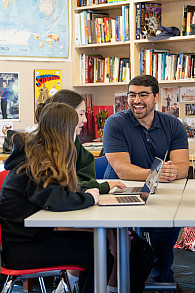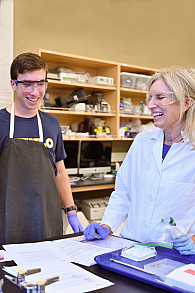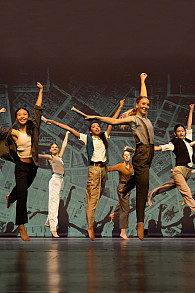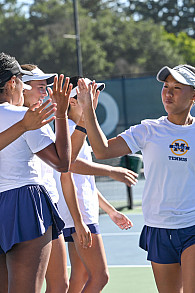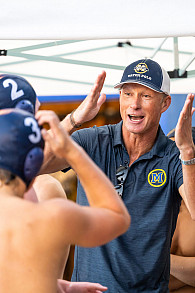Biography
Over the course of 8th grade English, students learn to take a stand and develop their own ideas regarding complex issues of culture and justice.
Central questions in the course readings include: “What should an ideal society be based upon?”, “When should the needs or ideals of society outweigh the realities of individuals?”, “Is there a difference between justice and revenge if both justice and revenge are interested in settling a score?”, and “Is civil disobedience a moral responsibility?” To consider these complex questions, students read a wide variety of shorter texts, including nonfiction essays, excerpts from autobiographies, famous speeches, and dystopian stories. The year concludes with a close reading of Things Fall Apart by Chinua Achebe. In addition to whole–class texts, students complete their middle school years of independent reading by intentionally planning and metacognitively reflecting on their journey as readers, pushing themselves toward more challenging texts, both in topic and syntax.
As students examine how cultural experiences shape and impact the world around us, they learn how to synthesize their ideas into cohesive arguments through expository writing, argumentative writing, and rhetorical analysis. Students learn to provide a thorough rationale for their arguments with concessions and refutations. Students continue to refine these skills as they craft their deeply personal “This I Believe” essay and their culminating literary analysis of Things Fall Apart. A key strategy in helping students form their ideas and arguments is dialogue through Socratic circles and peer collaboration. These tools help students translate their emerging ideas into crisply written expressions.
Students engage in a deep analysis of complex vocabulary and discover how precise word choice is used to create dynamic messages related to an author’s purpose. Grammar instruction focuses on the necessity for tailoring sentence structure when communicating messages to a specific audience. After examining the syntax of the wide variety of authors in the shorter whole-class texts, students emulate patterns of syntax in their own writing. Furthermore, students identify and collect complex vocabulary words from readings to incorporate into their writing and class discussions.
The course challenges students to find their voice in the world and express it well.
 MENLO SCHOOL Since 1915
MENLO SCHOOL Since 1915